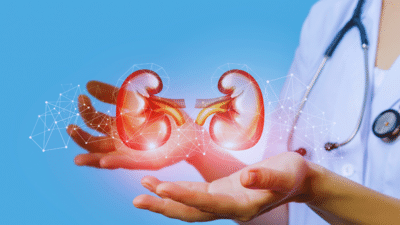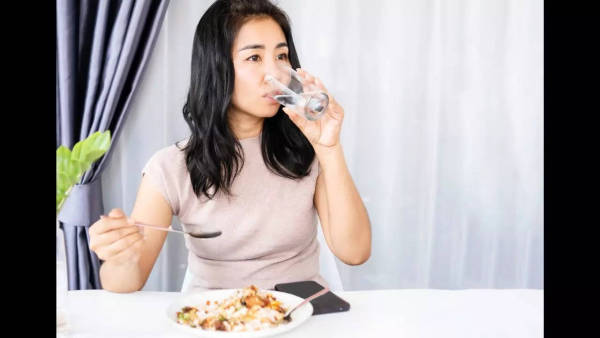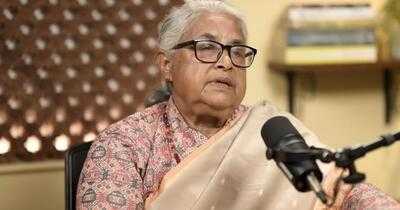
Water is one of the necessities of life, but as with everything, too much of it can become a problem. While dehydration is a clear threat to health, overhydration is an equally risky condition that goes unnoticed. The kidneys, which act as the body’s natural filtration system, are directly impacted when excess water enters the bloodstream. This raises an important question: how much water is actually safe, and when does “healthy hydration” tip into “harmful overload”?
The kidneys’ real job: Balancing, not just filtering
Kidneys are more than just filters; they are regulators. They carefully maintain the balance of water, salts, and minerals in the body. Drinking too much water dilutes sodium levels in the blood, a condition known as
hyponatremia. When sodium levels fall too low, the kidneys are forced to work overtime, and the body’s delicate fluid balance gets disturbed. This strain doesn’t show up immediately, but can lead to long-term stress on kidney function.
The safe zone: How much is enough?
There is no single “8 glasses rule” that works for everyone. Fluid needs vary depending on activity levels, climate, age, and overall health. On average, a healthy adult’s kidneys can process 0.8 to 1 litre of water per hour, but anything beyond this can start to overwhelm the system.
Research suggests that 2.5 to 3.5 litres of total fluids per day (from water, fruits, and food) keeps most adults in the safe zone. Listening to the body’s natural thirst cues is more reliable than sticking rigidly to a fixed number.

When too much water becomes dangerous
Overhydration is not just about frequent trips to the bathroom. In extreme cases, excess water intake can cause
brain swelling, nausea, confusion, and even seizures. Athletes, for example, sometimes develop water intoxication when they replace fluids without balancing electrolytes during intense exercise. For people with pre-existing kidney or heart problems, overhydration can worsen swelling, blood pressure fluctuations, and fluid retention in dangerous ways.
Smarter hydration: Quality over quantity
Hydration is not just about chugging litres of plain water. Eating water-rich foods like cucumbers, oranges, and melons adds fluids along with valuable minerals. Herbal teas, coconut water, and buttermilk provide electrolytes that plain water lacks. Spacing water intake throughout the day, rather than drinking large volumes at once, also reduces kidney strain. Even the temperature of water, slightly cool or room temperature, can make absorption gentler compared to ice-cold gulps.
Personal reflection: Why balance matters
In conversations with people who tried “water detox challenges,” many admitted feeling more tired, bloated, and light-headed instead of refreshed. That experience highlights an overlooked truth, hydration is not a competition. Balance is what the body craves, and the kidneys quietly remind us of this every single day.
Disclaimer: This article is for general awareness. People with medical conditions such as kidney disease, heart problems, or hormonal disorders should consult a doctor for personalised hydration advice.
-
Young mum dies having BBL for her 28th birthday to 'fulfil a dream'

-
Rush Hour: Nepal protesters propose ex-CJI as interim PM, Umar Khalid moves SC and more

-
Piero Hincapie sends double warning to Arsenal regulars as Mikel Arteta given selection headache

-
Mia O'Brien's Dubai nightmare sparks fears for Brits as ultra-strict rules explained

-
Nuno accused of 'getting himself sacked' after attack on Nottingham Forest chief
